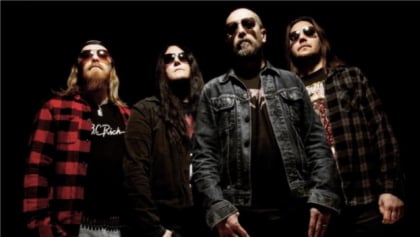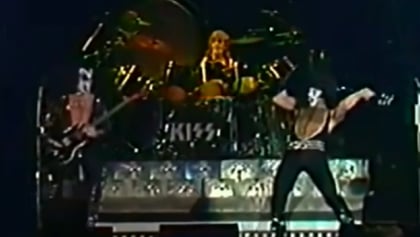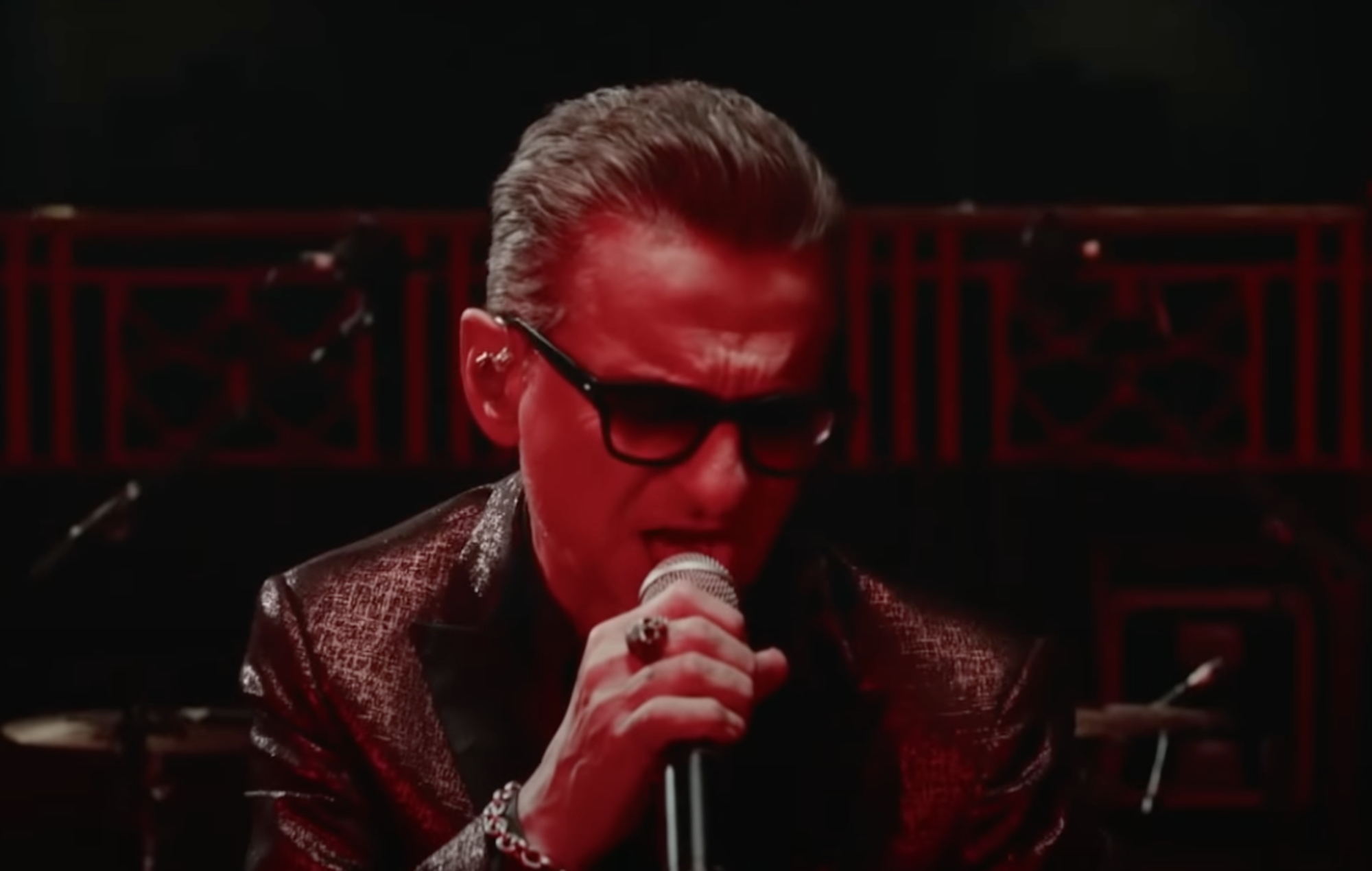
Sometimes it’s the quiet ones you have to watch. The ones lurking in the back, more silhouette than keyboardist, while the singer humps the monitors dressed as an S&M Wyatt Earp. Or the smiley ones, looking like a surfer dude just jumped in the van one day and they let him play drums because he had a reliable connection for some gnarly weed. Or the gentlemanly ones who, were you to phone their hotel room in the middle of the night demanding “where’s my drummer?”, would get up, put on a full suit and come down to the hotel lobby to punch you in the face shouting “I’m not your drummer, you’re my singer…” Sometimes losing (respectively) an Andy Fletcher from Depeche Mode, a Taylor Hawkins from Foo Fighters or a Charlie Watts from The Stones serves to spotlight the brilliance of the rock’n’roll secret weapon. The unassuming character you might try to order a cocktail from at the aftershow, but turns out to be the backbone, or true talent, of the entire operation.
Fletch, who died last week aged 60, was a prime example. Looking, in most Depeche Mode photo shoots, like the venue manager who’s wandered into a pop-up bondage club to ask if they could pierce all the scrotums a little quieter, he was actually the only thing keeping the band together all those years. As the guy who took on a player-manager role and taking care of a lot of the business affairs that were a bit too, well, ‘not smack’ for everyone else to bother with, he was, as he had to say so himself, “the tall guy in the background, without whom this international corporation called Depeche Mode would never work.”
But he’s far from a rare breed. We already know of the heavily disguised celebrity gold that was secreted in the background of The Communards and D:Ream, and there’s plenty more where that came from. One of the joys of interviewing Pet Shop Boys is finding that Chris Lowe – a man who spent the band’s early years overcoming a crippling inability to stay in focus then the rest of their career seemingly gritting his teeth and whacking on the conical spiral hat for the good of his children’s education – is the life and soul of the band brimming with anecdotes, the synthpop Peter Ustinov. Likewise Albert Hammond Jr, jovial drug hoover and solo sensation lurking within the misanthropic midst of The Strokes. Who knew that, leaping around in the Polyphonic Spree choir would be a St Vincent, or that through the back of the wardrobe of early Tame Impala, could be found such a glorious Pond? Who had ‘Dennis Wilson Solo’ in the Best Beach Boys Related Album Of The Late-‘70s sweepstake?
There are some obvious high-profile examples that are still doing the business today. Dave Grohl; Ex-Jesus And Mary Chain drummer Bobby Gillespie; the solidifying force of John McVie (considering Mick Fleetwood gets the bulk of the recognition in the band name); Roger Waters, who was such a powerful secret weapon in Pink Floyd that he ended up obliterating the entire band. But when it comes to the Richard Hawleys (one-time Longpigs guitarist), Kim Deals (Pixie turned Breeder) and Tina Weymouths (Talking Head who came into her own fronting The Tom Tom Club) of this background world, it would be great for the continued unity and musical chemistry of their groups if we didn’t wait for them to go solo, get pushed out for wrangling over publishing splits or die before we recognise their essential contributions.
In many ways, this is a note to self. Spend more time asking the bassist about their songwriting endeavours. Find out if the drummer carries a baseball bat everywhere in his dual role as tour manager. Ascertain if the keyboardist harbours ambitions to be the next Jean-Michel Jarre. But at the same time, it falls to bands, labels and PRs not to hide their secret weapons in a publicity bushel. Yes, the press only wants to talk to the singer, so that singer should be plugging the real talent behind him that his success is built on. If, like Fletch, there’s a member who quietly encapsulates the essence of a band, force him to the front of the photo shoots once in a while, bung him on an album sleeve or a t-shirt, give him a song to sing live. Let us know what we’ve got before it’s gone.
The post Forget the singer – take a moment to appreciate your favourite band’s secret weapons appeared first on NME.







